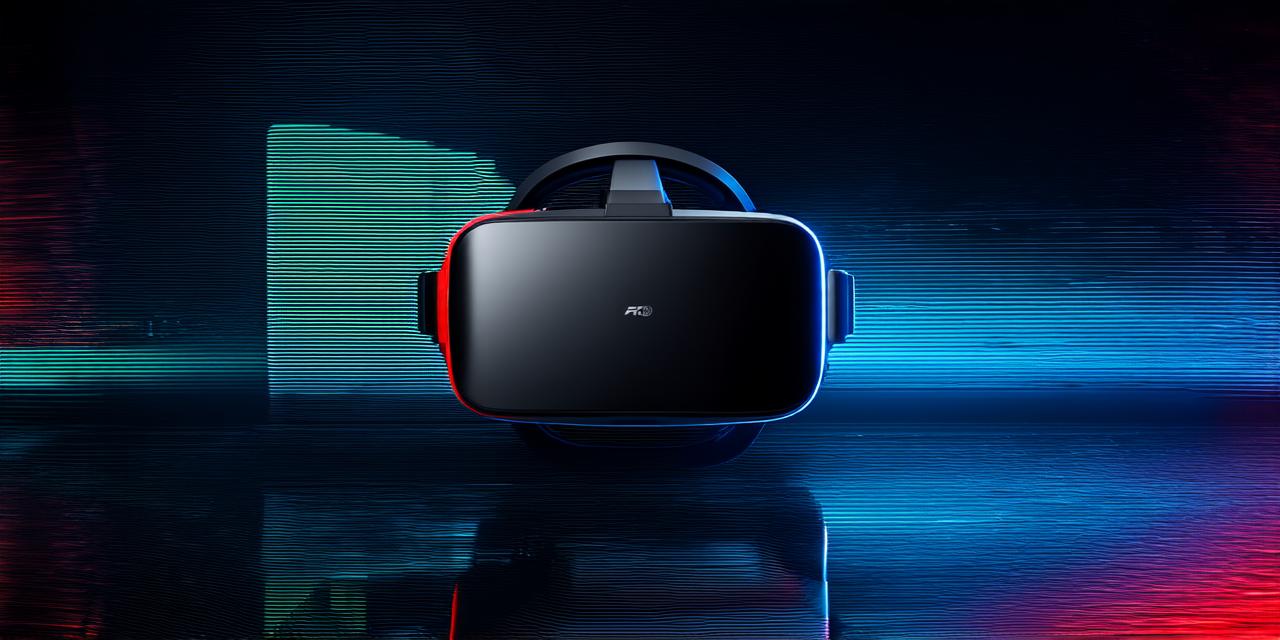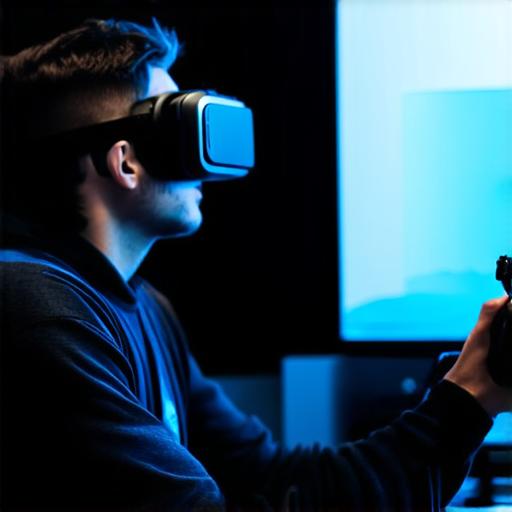
What is the appropriate age for virtual reality?
Safety Concerns
One of the primary concerns when it comes to virtual reality is safety. The high-energy nature of VR can cause motion sickness and disorientation, especially in younger children who may not have fully developed balance or spatial awareness. Additionally, some VR experiences can be violent or graphically intense, making them unsuitable for younger audiences. It is important to carefully consider the content and intensity of a VR experience before allowing children to participate.
Age-Specific Content
Another consideration when determining the appropriate age for virtual reality is the type of content that will be experienced. Some VR experiences are designed specifically for younger audiences, with simpler visuals and more interactive gameplay. In contrast, other experiences may be too complex or mature for younger children to fully appreciate. It is important to consider the intended audience for a particular VR experience when deciding whether it is appropriate for someone based on their age.

Parental Guidance
Finally, parental guidance is an important factor to consider when determining the appropriate age for virtual reality. While some children may be ready for VR at a younger age than others, parents should always exercise caution and supervision when allowing their children to use this technology. Additionally, parents can use VR experiences designed specifically for children as a way to bond with their kids and help them develop important skills such as problem-solving and creativity.
In conclusion, the appropriate age for virtual reality will vary depending on several factors, including safety concerns, content appropriateness, and parental guidance. While VR can be a fun and engaging experience for people of all ages, it is important to carefully consider these factors before allowing someone to participate in this technology.


